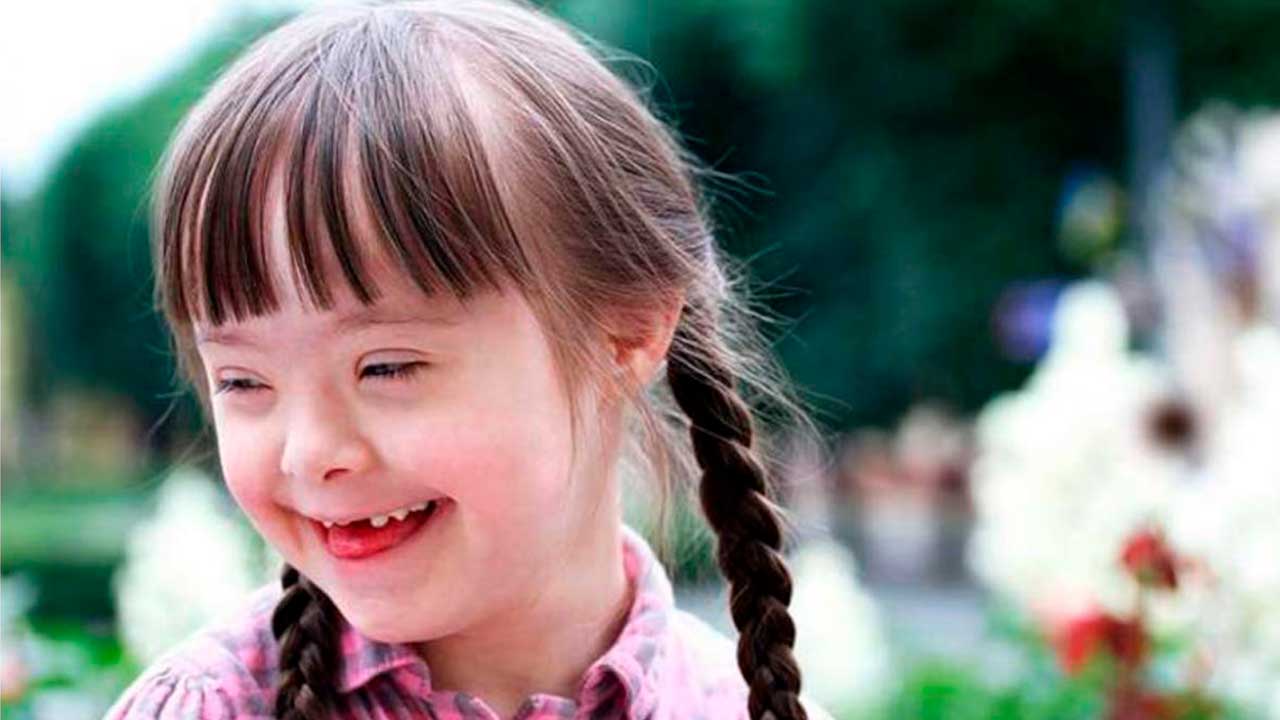What is Down Syndrome?
Down syndrome is a genetic disorder. In this, an extra chromosome is added to the victim's cells. This is called a chromosome or chromosome 21 disorder. In the condition of Down syndrome, symptoms such as small head, short neck, slanted eyelids, small ears, and flat face are seen in children.
People with Down syndrome have an intellectual disability and a delay in physical development Down syndrome is the most common genetic chromosome disorder that causes learning disabilities in children. Apart from this, Down syndrome also causes heart, gastrointestinal disorders. If the symptoms of Down syndrome are taken care of in the beginning, the life of children or adults can be improved.
Down Syndrome in Baby Symptoms
Everyone with Down syndrome experiences intellectual, developmental problems. It can be mild, moderate, or severe in some people. Some people are healthy in this condition, while some have serious health problems. Let us know now the symptoms of Down Syndrome in Babies -
Flat face Small head Short neck Protruding tongue Upward slanting eyelids Small ears Poor muscle tone Wide, shorthands Single crease in the palm Small limbs and fingers Extreme flexibility Short height
Babies with Down syndrome may be of average size, but they usually grow slowly and remain smaller than other children of the same age.
Down Syndrome Risk Factors
By the way, the problem of Down syndrome (Down Syndrome Problems at Birth) is due to extra chromosomes in the cells. But some parents are at higher risk of having a child with Down syndrome. Risk factors include:
Older age of mother
When a mother gives birth to a child at an older age, the risk of Down syndrome in that child increases. A woman's risk of conceiving a child with Down syndrome increases after the age of 35.
Genetic transfer
The child can also get Down syndrome from the genetic transfer of the parents. Both men and women can pass the genetic transfer for Down syndrome to their children.
A child with down syndrome
Parents who have a child with Down syndrome are at increased risk of having another child with Down syndrome.
If one of your children is suffering from Down syndrome, then you must take the help of a doctor before planning another child. This can reduce the risk of Down syndrome risk factors in the second child. Also, if you see any symptoms of Down syndrome in your child, then definitely contact the doctor.
(Disclaimer: The content on this site is for informational purposes only, and should not be taken as professional medical advice. Always seek the guidance of your doctor or other health professionals for any questions you may have regarding your health or a medical condition.)

 Down syndrome is a genetic disorder. A flattened face, a small head, a short neck, and a protruding tongue are symptoms of Down syndrome in children. Let us know in detail.
Down syndrome is a genetic disorder. A flattened face, a small head, a short neck, and a protruding tongue are symptoms of Down syndrome in children. Let us know in detail.










.jpeg)







.jpeg)

.jpg)










